Claiming Your Power In Your Relationship
Published on September 4th, 2020
Updated on January 2nd, 2024
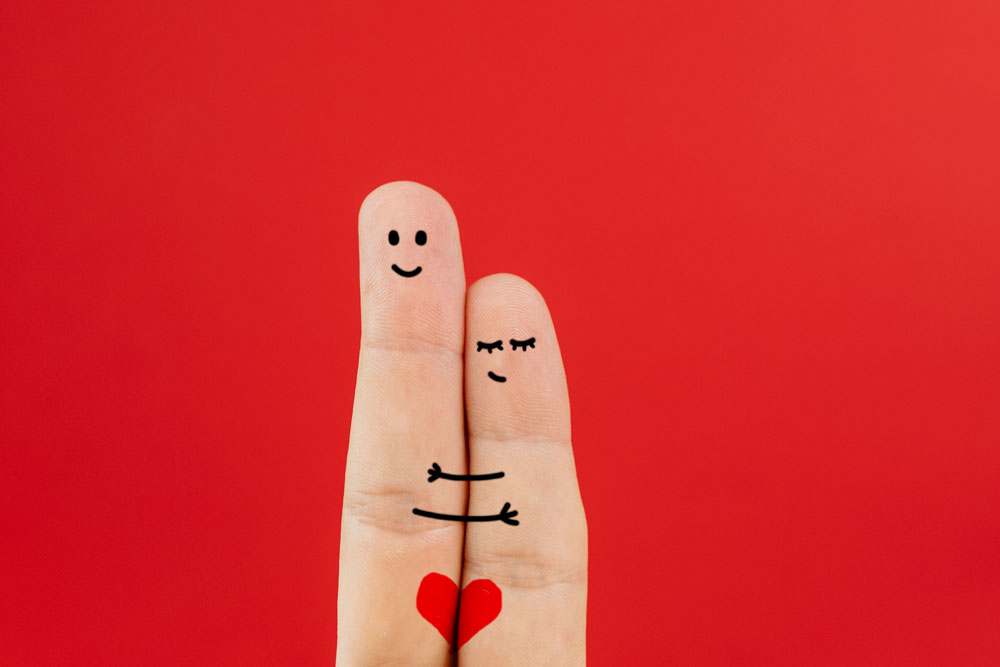
Remember that liberating and powerful feeling you would have when you rolled down the street on your bike? It was summertime, a cool breeze flowing through your not-so-popular-haircut based on today’s trends. You had no problems and were carefree. This world was yours and nothing held you back.
There are a few marked points in our lives when this feeling of power dwindles. It is no longer the main ingredient, it is the sprinkles on top.
- You ask yourself where this power went and how you began to feel so small.
- You can continue displacing blame onto the person who is most often across from you.
- You can tell yourself that you could not do a single thing wrong.
- Or, you can own what has been and claim your power in what is to come.
In light of the many contexts in which power is used, we will play around with the ways in which power depreciates and emerges in our intimate relationships.
Sponsored by

Choose a therapist to work with and start healing with 20% off from BetterHelp.
Click HereIn a relationship, we will inevitably see a reflection of ourselves. It will shine back as us showing our faults, missteps and bad bones of which we were formally unaware.
We veer toward being defensive in response to the other naming one of our flaws. I only want to check my hair in the morning to ensure it’s not doing something funky. I do not want to stare at myself, noticing every dent and scar.
Relationships show our reflections because we are exposing more of our true nature to another person and they start to see the information we wouldn’t write on a resume. They see our battle wounds from childhood, the cracks in our heart from previous loves and the splinters with which we unintentionally jab them.
It is the people closest to us, who ignite the most emotions. We are in the crossfire of their pain, or they are in the crossfire of ours. Unfortunately, this is another factor in relationships that can diminish power. In relationships, power looks like a distribution of the following:
- Decision-making
- Conflict resolution
- Jobs
- Finances
- Housing
- Children
- Pets
- and so on.
You can question yourself and your partner about who has more say across all facets. Depending on your relationship goals, you can shift pieces around to differentiate the power. Ideally, you and your partner will find a balance that fits your needs and values as a couple.
- What exactly does taking power back in a relationship?
- What is healthy and what is not when it comes to power in relationships?
The Power & Control Wheel depicts what is not healthy and can help you determine your needs in a relationship. Take a look:
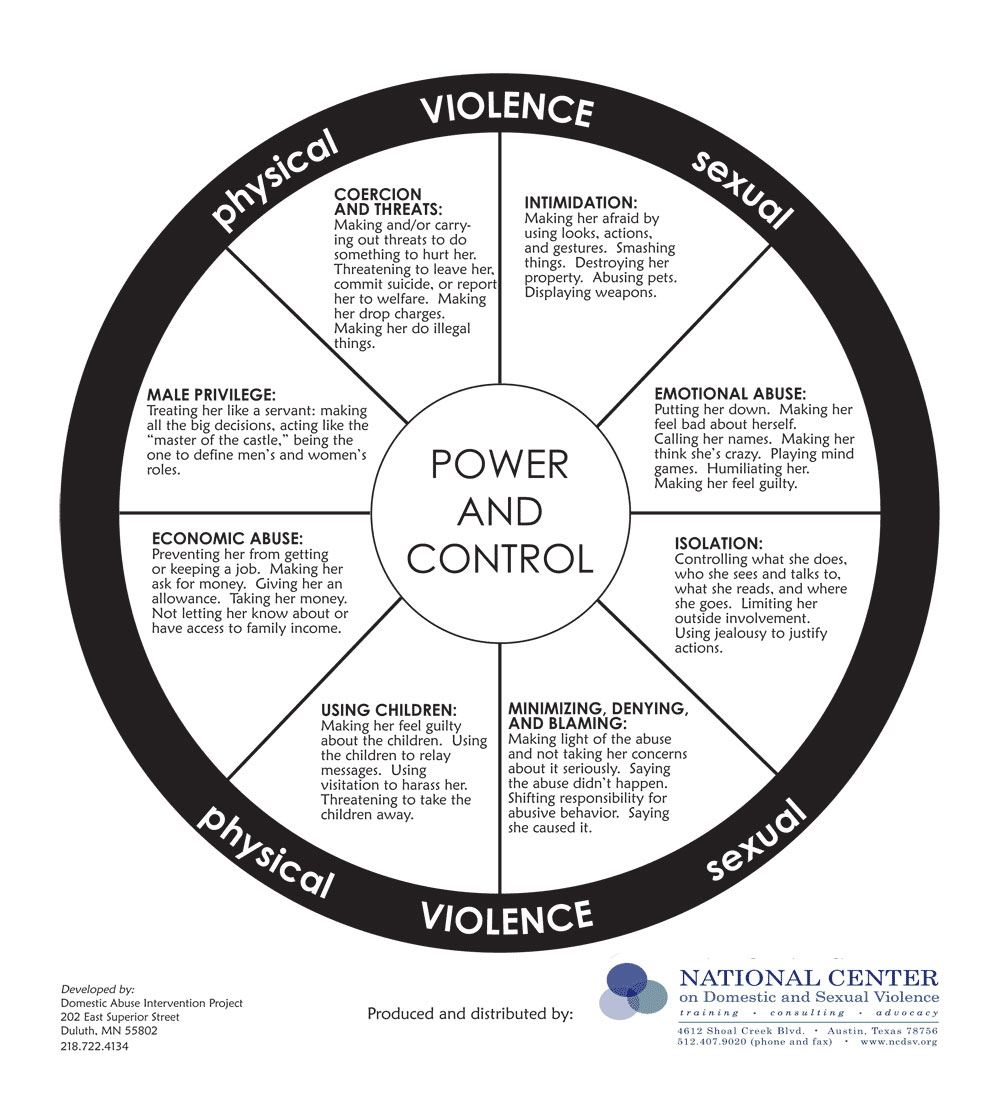
The Equality Wheel displays a healthy power distribution in a relationship. Take a look:
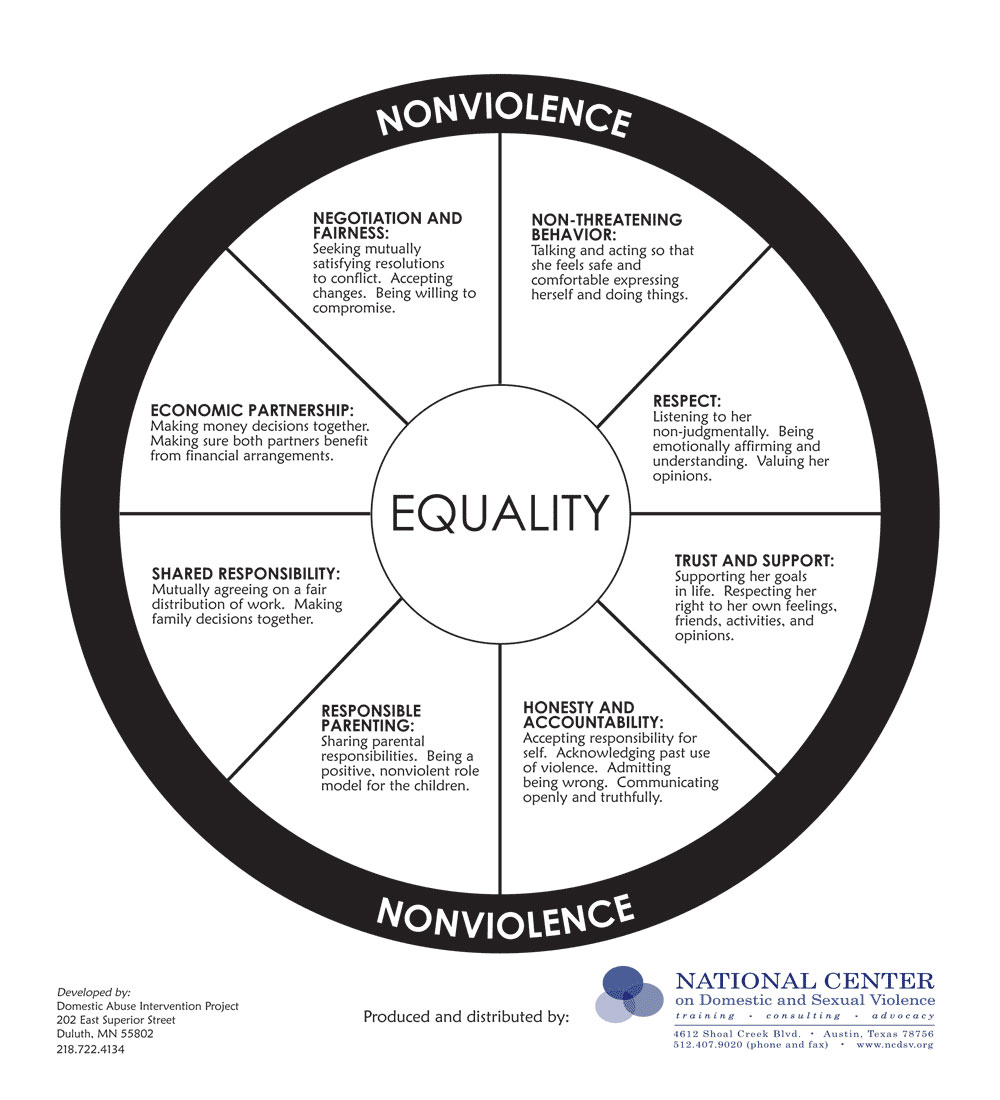
Taking back your power in a relationship does not mean that you need to triumph over your partner to become victorious. It simply provides a pulse to the heartbeat of your relationship and allows you to glean insight into areas where you may be becoming less than you desire to be.
I once described a relationship that has a polarized power differential as one person being the all-star of the basketball game. That person is the one who the crowd comes to see and cheers for ever-so-loudly.
The person with little power is the person sitting in the corner, by the bleachers, where the dust rounds up that has yet to be swept. With this starkness, notice how different those people show up and participate in the same event.
When a relationship is steadier and poised with a balance of power, a relationship looks more like two teammates passing the ball down the court toward the net. It looks like building the other up to help them grow into their best self. You do not deplete yourself of what you need to move into who you intend to be.
An easy development of an unbalanced relationship is codependency. Codependency is when one person or both people rely on the others “okay” in order for them to be “okay”. This can feel a lot like mixing oil and water, especially when one person leans heavier on the avoidant side of connecting.
The codependent wants to ensure that all is good and well; the avoidant is more concerned with upholding their power in their autonomy. In order to find equanimity, partners need to find an interdependent way to relate. If you have struggled regaining your power in a relationship, this is an area to examine.
We all try to make up for our childhood misfortunes through our most intimate and long-lasting relationships. In a Freudian and subconscious way, this behavior can be the source for our original loss of power. We may automatically place someone above or below ourselves, creating a distinguished imbalance. Yet, another area to explore.
So, take a bike ride. It may feel tricky when sorting out what you will need to take back your power. It has its uphills and downhills, there is payoff in the end. The reward is you finding yourself again, having those carefree moments that earn empowerment. Those are the moments where your view becomes clear enough to see that there is always more for you and everything is always working out.
Sponsored by

Find an affordable therapist online with 20% off from BetterHelp.
Click Here
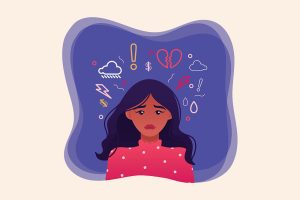


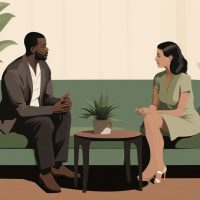


Leave A Reply